12-04-2024
Innocenti Chiara
Human Rights and Europe Researcher,
Global Human Rights Defence.
April 20th (Italy). The Italian writer Antonio Scurati denounced being a victim of censorship after his monologue was cut out of the TV listings of the national channel Rai. The speech, requested from the author by the famous talk show Chesarà, was supposed to be broadcast on Saturday April 20th in anticipation of National Liberation Day, the holiday fixed at the end of WWII on April 25th with a view to honouring the win of the Italian resistance movement against the Nazi-Fascist troops.
The text at issue ‘was liable’ for addressing the heinous crimes that the Fascist Party committed in concert with Nazis and for focusing on the barbaric murder of the then-political opponent (secretary of the Socialist Unitary Party) Giacomo Matteotti. However, it also crystallised a trenchant criticism by the author at the current ruling class, which on countless occasions demonstrated a reluctance to utter the word “Anti-Fascism”. According to the writer, it is plain as day that, in our time, “the spectre of fascism continues haunting the democratic House” of Italy as Prime Minister Giorgia Meloni and her “post-fascist ruling class” failed to mention the partisan Resistance since the outset of their administration, hence disowning its pivotal role in the liberation of the country.
Shortly before the broadcast, the author was denied the opportunity to deliver his monologue and the issue was first grounded with “editorial reasons”, but after charges of censorship were filed by Mr. Scurati, the top management of the show publicly declared that behind their choice there were economic reasons, which gave rise to considerable uncertainty over the veracity of the statement. Soon after, the experience of Mr. Scurati swiftly grew into a huge media event, with two other writers reporting suspicions of censorship in respect of the same TV programme. First, Nadia Terranova, a Sicilian writer who allegedly was supposed to comment on the police charges on the student demonstration for Palestine staged in March in the town of Pisa. In the end, the TV programme’s commission assessed her text as “inappropriate” for the instalment, urging Ms. Terranova to alter various excerpts to dampen the disapproving tones against the authorities. Almost the same happened to the writer Jennifer Guerra, who had been tasked with taking a stand on feminist issues in the episode of March 8th. With her speech, she intended to bitterly criticise the Meloni administration for progressively legitimating the anti-abortion movements, and thus, show serious concern for Italian women of the future. When the intervention was called off at the last minute, Ms. Guerra was not surprised since she immediately understood the real root of the problem.
Finally, the accusations of Mr. Scurati were corroborated by Serena Bortone, the host of the programme which is now under attack. The woman, other than publicly reading on air the integral intervention of the writer, also admitted not receiving any credible explanation that could even slightly justify the annulment. This is all about freedom of expression, most notably, the right to political criticism enshrined in both the National Constitution and the European Convention on Human Rights, which nowadays also features one of the major benchmarks for the rule of law that underpins the European Union. The domestic and international legal framework is not patchy; yet also a country that has always professed to be democratic, in this period, turns out to be lacking the freedom to political opposition. At this point, it is not a matter of fragmentation of rights, but of careless failure to fulfil the existing obligations, which seems to mark a particular historical period endured by Italy.
Bibliography
Ciocchi M. V. (2024, April 22). Serena Bortone denuncia la Rai, scatta censura. In Abruzzo. Retrieved April 2, 2024, from
https://www.inabruzzo.it/serena-bortone-denuncia-la-rai-scatta-la-censura/
Crinò L. (2024, April 22). Non solo Scurati, Nadia Terranova censurata per un testo sugli studenti: “Sono molto scossa”. La Repubblica. Retrieved April 22, 2024, from
Il Post. (2024, April 20). Cos’è successo tra Antonio Scurati, la Rai e Giorgia Meloni. Il Post. Retrieved April 21, 2024, from
https://www.ilpost.it/2024/04/20/scurati-intervento-che-sara
La 27 Ora. (2024, April 22). Jennifer Guerra: «La Rai mi ha trattata come Antonio Scurati». Il Corriere della Sera. Retrieved April 22, 2024, from


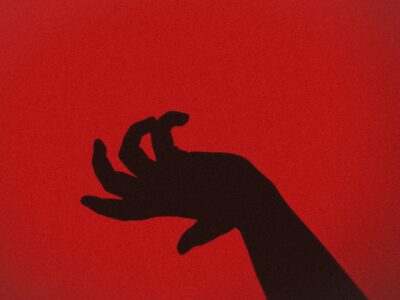
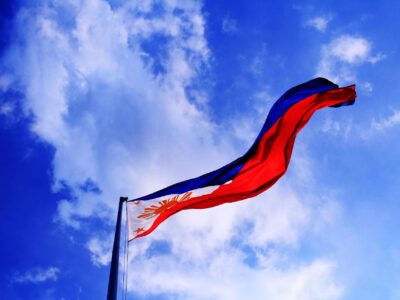
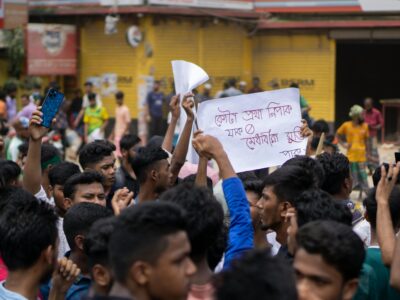

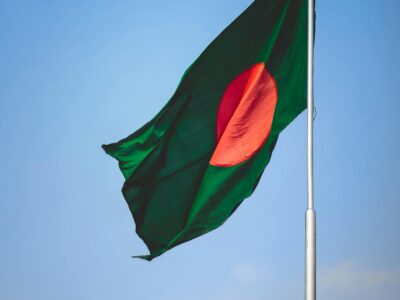
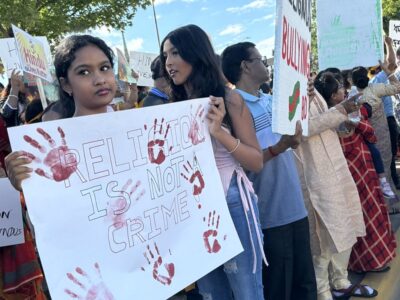
Comments